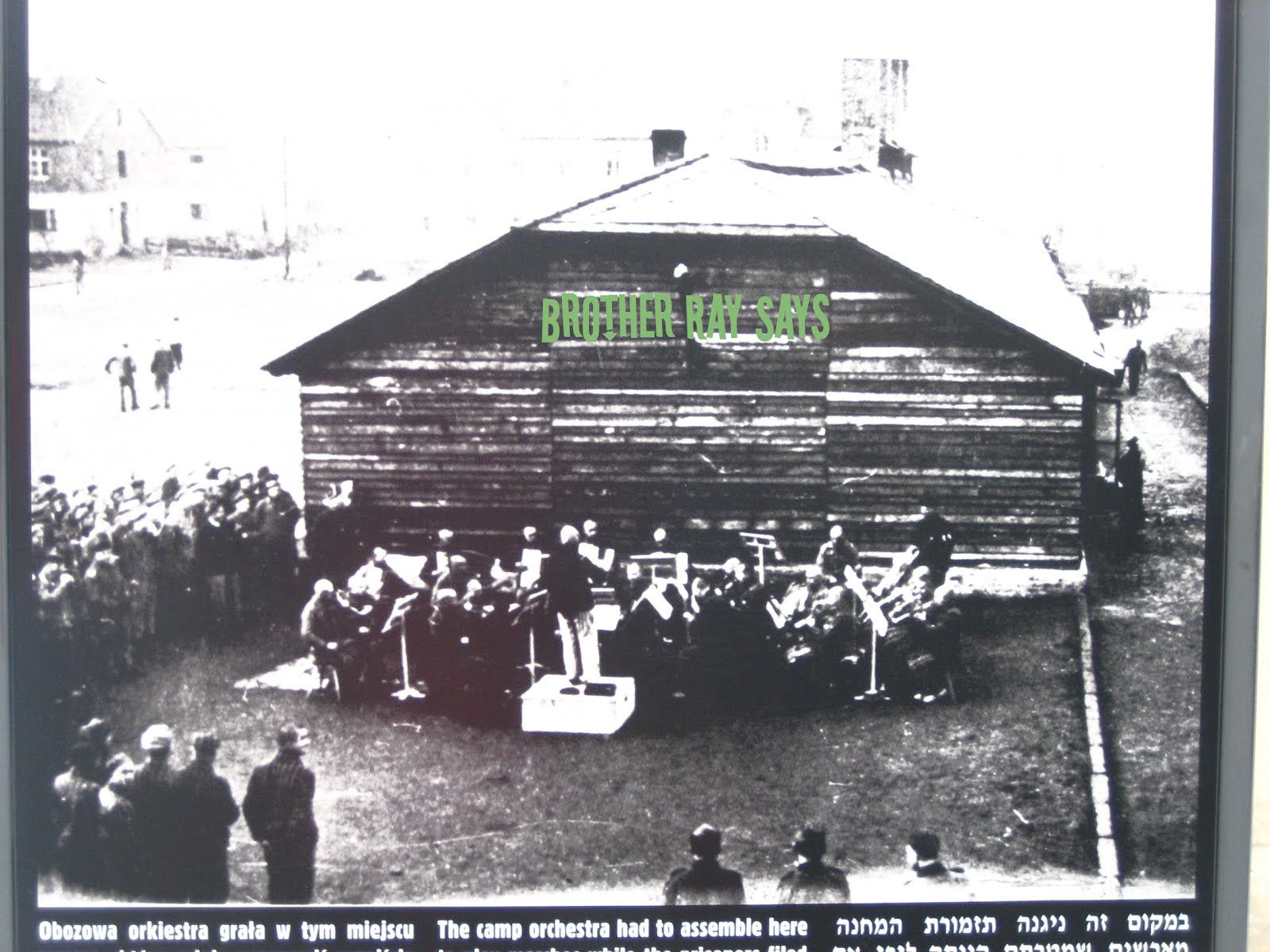
Saturday, July 24, 2010
Vacations (2010)

Big Blood & The Grove (2010)

But forget comparisons -- when Caleb and Colleen are in action, there's no real comparison. No one else sounds like this... and no one (as far as we're concerned) can write songs like this...
Tuesday, July 20, 2010
Demdike Stare - Osmosis (2010)

The mix gives a broad overview of the inspirations and touchstones for the Demdike project, fermenting radiophonic disco with obscure library records, outré space jazz and magickal electronics to craft one of the most potently psyched-out selections we've heard in a very long time. Canty's unhealthy obsession for under-the-counter VHS movies coupled with his day job rummaging through archival issues and Library records lends the set a defined narrative structure, while their combined knowledge of arcane sonics of all manners should keep even the most dilated listeners among you utterly spellbound. We shouldn't really spoil the surprise any more, just take it on trust that if you've been intrigued by the whole Hauntology thing or have a passion for darker music then the rewards to be found here are bountiful. - Boomkat
Thursday, July 15, 2010
LA Vampires + Zola Jesus (not not fun 2010)


Tuesday, July 13, 2010
Messages - After Before (De Stijl 2010)

Discussions about the politics of noise, for those still interested in exploring such questions, often overshadow discussions about the politics of drone. The aggressive essence of noise allows it to perhaps be more easily conceptualized as a radical sonic force that disrupts and challenges established modes of listening and being. Drone, on the other hand — due to its tranquil, monophonic, and repetitive tropes — is more difficult to conceptualize radically (at least from within the traditional action-centric political theoretic since Machiavelli and Marx). It is most often associated with pacifism, escapism, self-reflection, and a Nietzschean understanding of Western Buddhism as nihilism. Drone is what one listens to in order to escape the brutality (the noise) of the real world or to calmly reflect in isolation rather than act and rupture established orders. To continue this Nietzschean language, we may think of drone as lending itself to passive nihilism, noise to active nihilism.
But those of us living in the contemporary world — where old categories of labor and free-time have blurred such that we perpetually reproduce capital and its necessary forms of life even outside of the workplace — ought to easily be able to see the radical political possibilities of drone. As our lives become increasingly mobilized toward consumption and production, constantly revealing our tastes and feelings through social networking technologies in order to desperately define ourselves as "one who fits into the established ways of life," the desire for tranquility and a moment of self-regarding contemplation can be a very radical act. The hyper-speed of the contemporary world has transformed us into anxiety-ridden creatures who never find a still moment to reflect, bombarded by the commands of the boss at work, and the commands of dominant lifestyle propaganda via various technologies at home. To escape this situation and to drift into the monophonic peace-realms of drone might be to find within us the last place for autonomous and authentic critical thought.
After Before is Messages' first LP for De Stijl, consisting of three blissful drones whose names are derived from the instrument that acts as the foundation for each. The almost 17-minute-long “Shruti Box” is the deepest cut on the album, stretching out to infinity and accompanied by a head-nodding bass phrase and snake-trance minimal percussion groove, revealing occasional cymbal shimmers that brighten up the ceremony. The stability of the other instruments allows the nuances of the percussive shifts and minor additions to step to the forefront, which is a courtesy worthy of one’s thought given the title of the track. Sun waves of sound wash over on “Tambura,” providing a base for the electric guitar to dance in circles. “Ukelin” closes the album with string friction and, not just an OM-esque bass phrase, but an overall groove similar to the final two tracks on their 2009 release, God Is Good.
The three sound-artists behind Messages provide different perspectives from within the tradition of Western psychedelic music, approaching the sound-world from unique but overlapping places on the continuum. Tres Warren, who plays shruti box, guitar, and ukelin, is a member of Psychic Ills; percussionist Spencer Herbst has played with Matta Llama and all its many variations; and Taketo Shimada, who here plays bass and shamura, has performed with many avant-garde projects and used to spin around Henry Flynt circles back in the day. While the sounds the trio produces on After Before grant warm spaces for potentially critical reflection away from the ongoing horrible buzz of a world gone mad, they’re not pushing drone in a new direction as much as we might hope. Rather, their goal here seems to be to rearticulate this form of drone’s continued relevance for both the present and the future, as the album title itself proclaims. Though, as the noise of the world continues to evolve and strengthen, the intentional evolution of drone as that which might have the power to provide resilient autonomous spaces is an imperative task. Messages have not done that here, but they have at least provided a strong argument for its possibility.
Monday, July 5, 2010
Various Artists - Turkish Delights - 26 Beat, Psych & Garage Ultrararities from Beyond the Sea of Marmara (2000)

Friday, July 2, 2010
mv & ee - Liberty Rose (child of microtones 2010)


